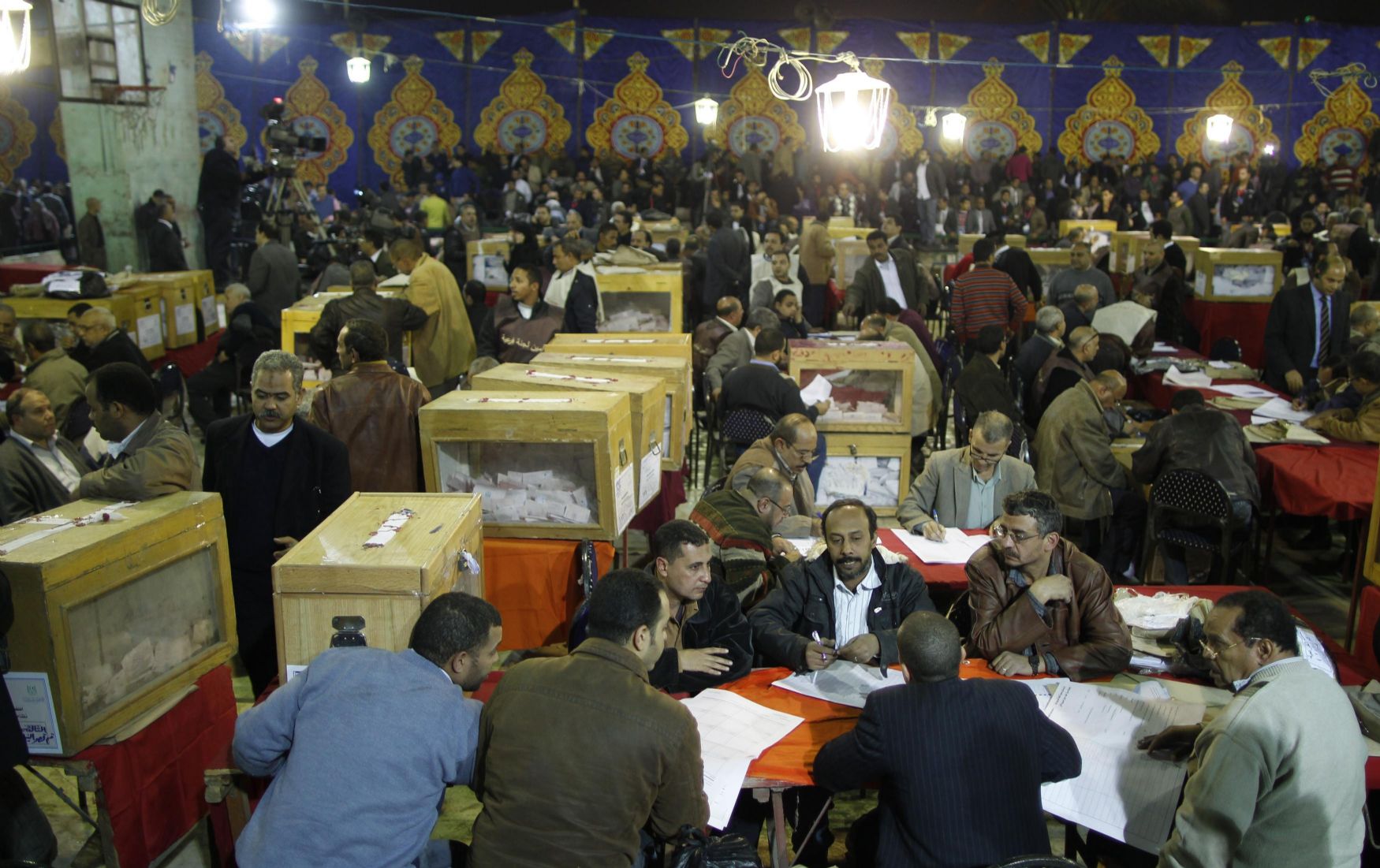TEHRAN: Mahmoud Ahmadinejad’s sacking of his foreign minister was no mere cabinet reshuffle but a victory that tightened his grip on foreign policy and showed he still enjoys strong support from Iran’s supreme leader.
Iranians were shocked by the sudden dismissal of Manouchehr Mottaki on Monday. The face of Iran abroad since Ahmadinejad first became president in 2005 was unceremoniously dumped while he was still on an official trip to Africa.
Having started the day in Senegal as a minister, he ended it a tourist, having learned of his fate from a news report, according to one lawmaker.
"In usual political practice, dismissing a minister while he is on mission … is not only seen as a sudden sign of disruption in foreign policy but it is also a clear insult to the minister himself," Hossein Shariatmadari, the influential editor of right-wing Kayhan daily, wrote in a leader.
While the brazen manner of the sacking was seen by many as unseemly, cracks between Mottaki and Ahmadinejad — never the closest political allies — have widened in recent months, fuelling speculation his days could be numbered.
The coup de grace came four months after Ahmadinejad appointed six presidential envoys to various parts of the world, bypassing the traditionally more liberal Foreign Ministry to get more direct control on diplomatic relations.
That move worried many lawmakers who were already concerned Ahmadinejad was centralizing too much power and trampling parliament’s role, and the president was forced to downgrade his envoys to the status of "advisors".
Analysts said the fact that Ahmadinejad was able to sack Mottaki now, rather than four months ago, shows he enjoys even stronger support from Supreme Leader Ali Khamenei who called in August on the wings of government to put aside their differences after a range of disputes, including over the envoys.
"It would be impossible for Ahmadinejad to do this without Khamenei’s consent, otherwise Ahmadinejad would have fired Mottaki a long time ago," said Meir Javedanfar, Iran analyst and co-author of "The Nuclear Sphinx of Tehran".
Business as usual
Ahmadinejad replaced Mottaki, initially in a caretaker position for three months, with nuclear chief Ali Akbar Salehi, the man he first wanted as foreign minister back in 2005 but who was passed over due to the need to satisfy the various factions in the right-wing government.
The president feels no such need now and in Salehi has a loyal ally who is also intimately acquainted with the nuclear dispute, the biggest foreign policy issue facing Iran.
Mottaki’s departure removes "the last remaining traditional conservative in the cabinet", according to Ebtekar newspaper.
"Mottaki is the one and only man (in the cabinet) who does not belong to Ahmadinejad’s group of ministers with mostly intelligence and IRGC (Iran’s elite Revolutionary Guards) background," said Massoumeh Torfeh of London’s School of Oriental and African Studies.
Mehrzad Boroujerdi, Director of the Middle Eastern Studies Program at Syracuse University said: "This basically signals that the radical conservatives have now overtaken the traditional conservatives and are able to put their stamp on the country’s affairs."
Analysts tend to agree with Mottaki’s beleaguered spokesman who told his weekly news conference on Tuesday that foreign policy — including Tehran’s approach to talks with world powers concerned about its nuclear program — would not change.
"The principles that we have in mind, we have already already framed them — the replacement of people will not change them," Ramin Mehmanparast told reporters.
"The strategic policies of the Islamic establishment are decided at higher levels," he said, a reference to Iran’s Supreme National Security Council which determines foreign and defence policy in line with the views of the supreme leader.
Javedanfar said that by allowing Ahmadinejad to sack Mottaki, the supreme leader was showing ever greater trust in the president who he swiftly backed after the contested 2009 re-election which the opposition movement says was rigged.
"When it comes to choosing politicians, for Supreme Leader Khamenei, compatibility with Ahmadinejad’s personality is becoming more important than the qualifications and experience of the candidate in question," he said.
With Ahmadinejad demonstrably stronger than he has been since the 2009 election when his rule was challenged by the biggest demonstrations since the 1979 Islamic Revolution, rival factions within Iran’s hardline ruling elite have been weakened.
Mottaki was the campaign manager for conservative parliament speaker Ali Larijani, who was among the candidates who lost the 2005 presidential race to Ahmadinejad, then the relatively obscure iconoclast mayor of Tehran.
Larijani stepped in to save Mottaki’s face in July by forcing Ahmadinejad to downgrade his foreign envoys to "advisers". He remains a critic of the president over budgetary and constitutional issues where Ahmadinejad has challenged the central role of the legislature in the Islamic Republic.
"Larijani … has now become enemy number one for Ahmadinejad," Torfeh said. "He must have seen it coming and have a strategy to fight it. We will have to watch closely for his moves in the next few weeks."

